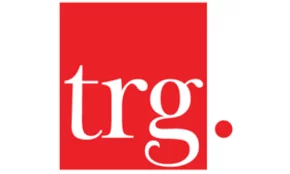New York August 23 2023: The United Nations Assistance Mission in Afghanistan (UNAMA) says it has recorded “credible” reports of serious human rights violations by the de facto Taliban authorities against hundreds of former government officials and former armed forces members, despite a “general amnesty” for old enemies. The mission said in a report it had recorded at least 218 extrajudicial killings in Afghanistan and hundreds of other “serious” human rights abuses since the Taliban seized power two years ago. “In most instances, individuals were detained by de facto security forces, often briefly, before being killed,” UNAMA said.
UN human rights chief Volker Turk said that the targeting of former government officials and security personnel despite the announcement by the Taliban when it returned to power of a “general amnesty” was a “betrayal of the people’s trust”. He urged the de facto authorities to prevent further abuses and hold perpetrators to account. The report points out that officials from the previous democratically elected administration are entitled to the same human rights protections as all Afghans and that Afghanistan remains a party to international human rights treaties banning the violations described. In interviews, it said individuals recounted beatings with pipes, cables, verbal threats and abuse at the hands of de facto security force members. UNAMA also heard from family members whose relatives had been arrested or gone missing, their bodies found days or even months later. In some instances, missing individuals have never been found. This was the case of the former Head of the Herat Women’s Prison, Alia Azizi, who never returned home from work on October 2, 2021. As of August 22, 2023, her whereabouts remain unknown, UNAMA said, even though Taliban authorities reportedly “initiated an investigation” into her disappearance. According to UNAMA, efforts by the de facto authorities to investigate and hold perpetrators accountable for the incidents described in the report have been “extremely limited”.
Investigations were announced in a handful of cases, but even then, UNAMA says, “progress lacks transparency and accountability; impunity prevails”. The report calls on the Taliban to clarify the terms of the general amnesty and ensure that it is upheld. UNAMA noted that to date, the de facto authorities have not publicly released any written text or guidance setting out the scope of the amnesty, which was only announced in public comments made by their leadership. UNAMA Head Roza Otunbayeva said that the de facto authorities must demonstrate a “genuine commitment” to the general amnesty, which is a crucial step in ensuring “real prospects” for justice, reconciliation and peace in the country.











